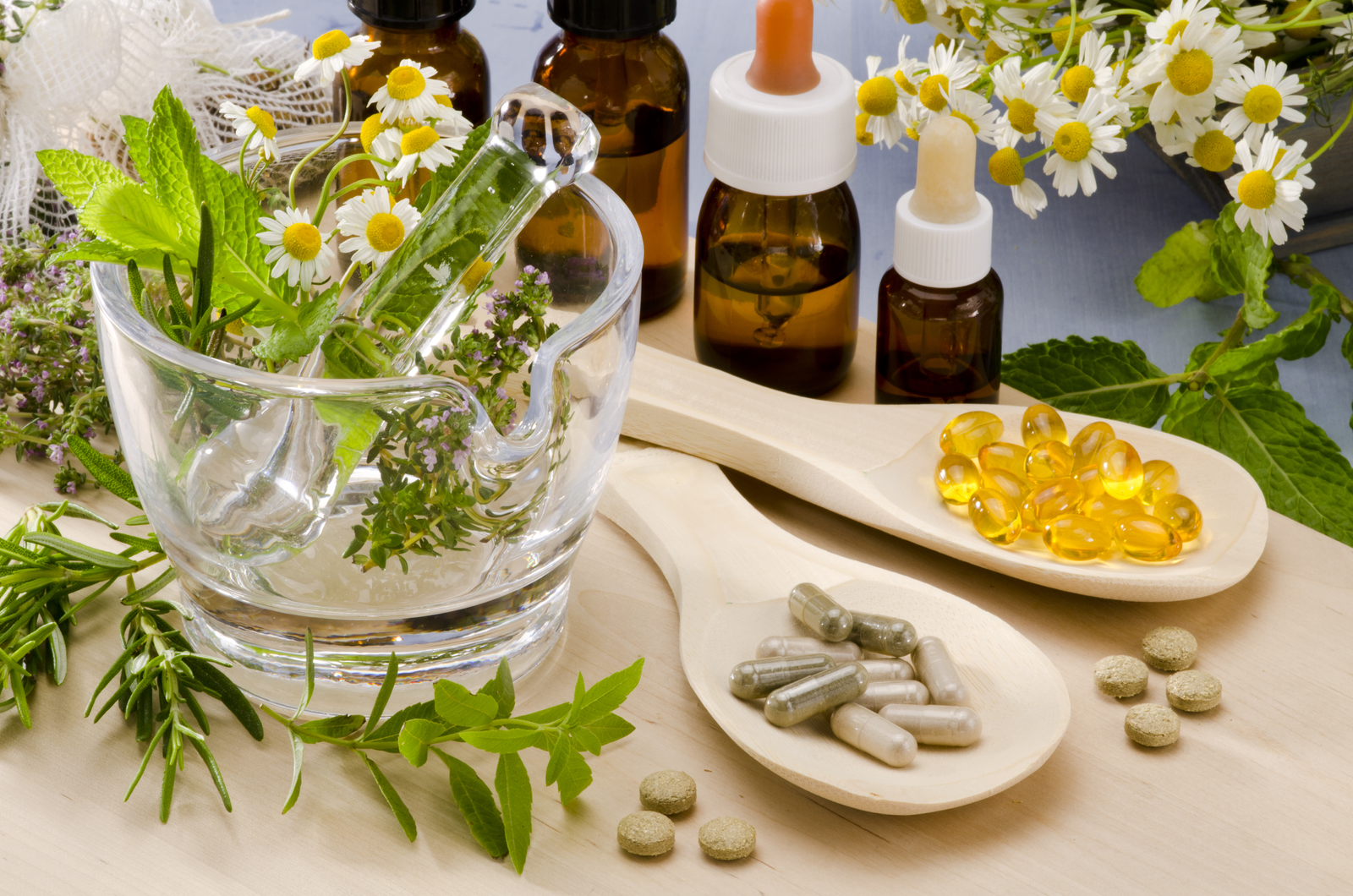Herbal Medicine Market to Reach USD 646.99 Billion by 2032, Driven by Rising Demand for Natural Health Solutions
The Herbal Medicine Market is poised for significant growth, projected to expand from USD 261.31 billion in 2024 to USD 646.99 billion by 2032, registering a robust CAGR of 12% during the forecast period. This surge is attributed to increasing consumer preference for natural and chemical-free health remedies, heightened awareness of herbal medicine benefits, and advancements in research and development within the sector.
Competitive Landscape and Regional Demand
Key industry players such as Bayer AG, Patanjali Ayurved Ltd., Dabur Ltd., Himalaya Global Holdings Ltd., and Blackmores are at the forefront of the herbal medicine market, focusing on product innovation, strategic partnerships, and expanding their global footprint. Europe currently leads the market, accounting for a 44.55% share in 2024, while the Asia-Pacific region is witnessing the highest demand, driven by traditional practices and increasing adoption of herbal products.
Growth and Consolidation in the United States
The United States herbal medicine market is experiencing substantial growth, with projections estimating it will reach USD 37.90 billion by 2032. This expansion is fueled by a growing consumer shift towards natural and eco-friendly products, increased health awareness, and the integration of herbal supplements into mainstream healthcare.
Annual retail sales of herbal dietary supplements in the U.S. exceeded USD 11.26 billion in 2020, reflecting a 17.3% increase from the previous year, underscoring the rising demand for herbal products.
Opportunities and Trends in Asia-Pacific
Asia-Pacific is emerging as the fastest-growing market for herbal medicine, with countries like India and China leading the charge due to their rich traditions in Ayurveda and Traditional Chinese Medicine (TCM). India’s herbal medicine market alone is expected to grow at a CAGR of 28.5%, reaching USD 26.79 billion by 2030.
In a significant development, Rohto Pharmaceutical and Mitsui & Co. announced plans to acquire Singapore-based Eu Yan Sang International, a renowned Chinese herbal medicine company, for approximately USD 593.5 million. This acquisition aims to leverage Eu Yan Sang’s extensive product portfolio and brand reputation across Asia.
Trends and Updation in Europe
Europe continues to dominate the herbal medicine market, holding a 44.82% share in 2023. The region’s growth is driven by the integration of herbal remedies into conventional healthcare systems, increased consumer inclination towards self-medication with natural products, and a strong emphasis on sustainability.
In Germany, traditional wellness shops like Reformhaus are adapting to modern consumer expectations, balancing tradition with contemporary demands. Despite challenges from discount retailers, Reformhaus saw a modest turnover increase of 0.85% in 2023, anticipating further growth by diversifying its customer base and emphasizing health investments.
Consolidation and Growth in the Middle East & Africa
The Middle East & Africa region is witnessing a surge in herbal medicine demand, driven by increased investments in healthcare infrastructure and a growing preference for natural remedies.
In October 2023, Himalaya Wellness Company LLC announced the establishment of a AED 200 million herbal pharmaceutical factory in Dubai Industrial City. This facility aims to manufacture tablets, capsules, liquid orals, and ointments, marking a significant expansion in the UAE’s herbal medicine sector.
Recent Developments and Strategic Partnerships
-
In March 2022, the World Health Organization (WHO) established the Global Center for Traditional Medicine in India, with a USD 250 million investment from the Indian government, aiming to leverage the benefits of traditional medicine globally.
-
In December 2022, Dabur India Limited introduced two innovative products: Ratnaprash Sugar-Free and Ayurvedic Digestive Tonic Aampachak Kadha, during the 9th World Ayurveda Congress & International AROGYA EXPO in Goa.
Conclusion
The global herbal medicine market is experiencing a transformative phase, fueled by increasing consumer preference for natural remedies, rising healthcare costs, and growing awareness of the benefits of plant-based treatments. With a projected market size of USD 646.99 billion by 2032 and a strong CAGR of 12%, the industry presents lucrative opportunities for both established companies and new entrants.
Regional dynamics are playing a pivotal role—Europe leads in adoption, Asia-Pacific is witnessing the highest demand due to cultural heritage and rapid modernization, North America is embracing herbal supplements as part of mainstream health regimens, and the Middle East & Africa are investing in infrastructure and local manufacturing.



